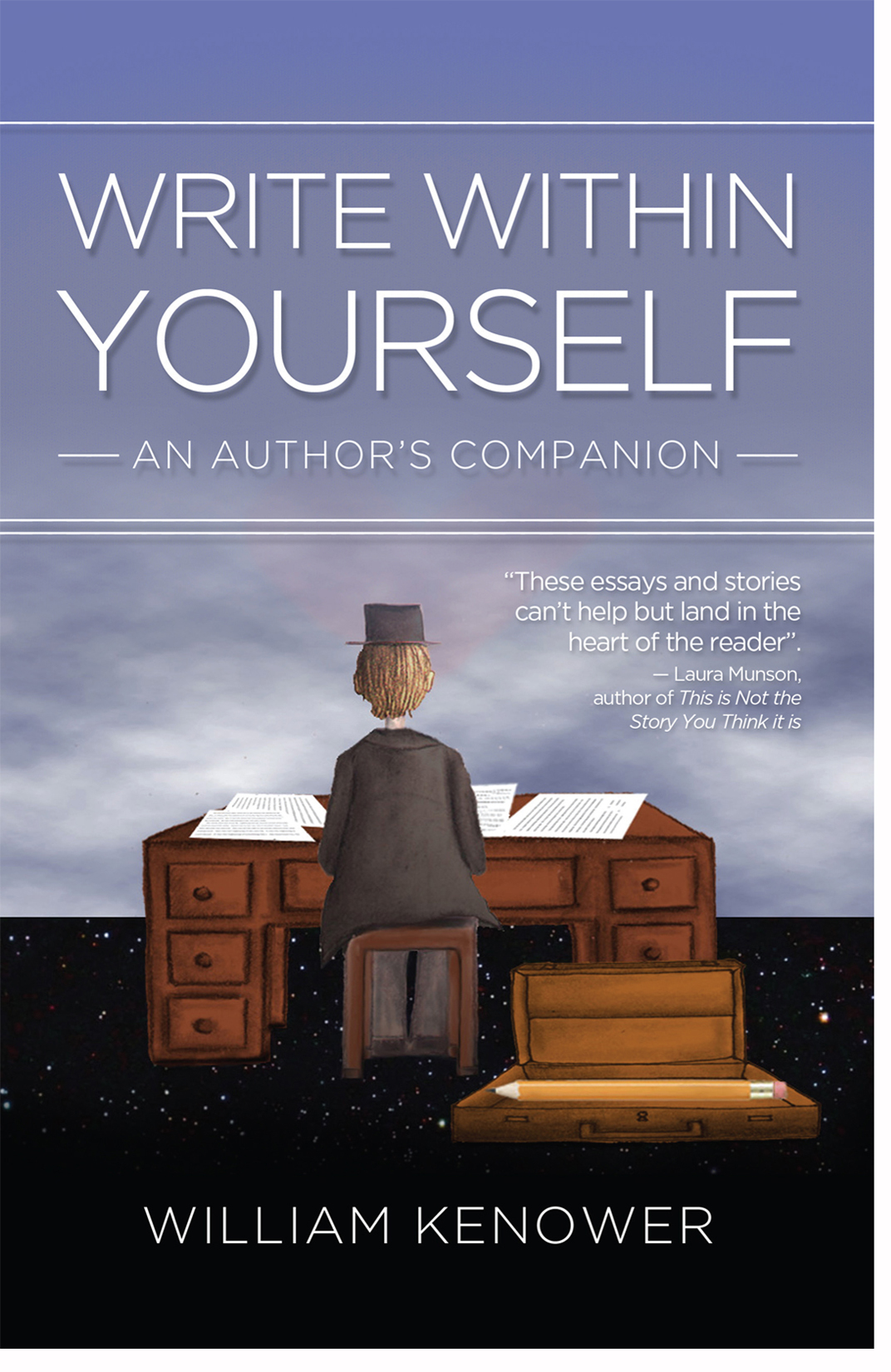Why Writing Requires Our Full Attention
On Friday, my agent told me a publisher had made an offer on a book. How exciting! Though there were still a couple of other publishers to hear from, all indicators pointed toward this publisher. We’ll know for sure by Tuesday, she told me. I spent the weekend with many questions running through my mind. Would one of the other publishers make a counter offer? Who would my editor be? Would I be able to finish it by August, as they requested? What were their marketing plans? Monday morning came and I decided I might as well do what I always do – write one of these essays. I’d been writing one nearly every morning for eight years. It’s what I did. So I opened a new file and waited. And waited. By and by a little idea came, and I started in, but something was missing. I liked the idea, but I couldn’t get close to it. I forged ahead, hoping to draw closer to it by sheer will. The more I wrote, the further from the idea I felt.
A mild panic began to set in. The book was based on these essays. I’d been writing and writing about creativity and spirituality and inspiration for eight years. What if I was used up? I wisely decided to stop writing. The moment I begin to worry that my creative well is dry is the moment I need to do something else. Yet a new question had entered my mind. Why could I do it nearly every other morning, but not this one? What was different? Unlike the idea I’d been trying to write, this question had my full attention.
It wasn’t long before the very obvious answer arrived: I can only ask and answer one question at a time. For instance, I cannot simultaneously ask, “What would I like to write about this morning?” and, “Who’s going to buy the book?” That I could not actually answer the second question did not make it any less compelling. Nor did it matter that I wasn’t literally thinking the words, “Who’s going to buy the book?” The questions I’d been asking all weekend continued to occupy my imagination passively, like a radio left on so long I forgot it could be turned off.
I like writing for a lot of reasons. I like language, I like solitude, I like discovery, but most of all I like that writing requires my full attention. When I give writing my full attention, I am as interested in being alive as I can possibly be. But when I attempt to write with a divided mind, life itself feels like one long assignment that must be completed before the fun begins.
That these two experiences couldn’t be any more different infuses writing with an unavoidable uncertainty. That is not to say that what we call luck has a hand in whether I experience a good day of writing or a bad day of writing. Quite the opposite. I must choose to give writing my full attention. If I do, it goes well; if I don’t, it doesn’t. Nothing in the world, no book contract or agent or editor, can make me give it my full attention. That power belongs to me alone – and just as the page is blank, so too are tomorrow’s choices yet unmade, and life yet to be lived.
Write Within Yourself: An Author's Companion.
"A book to keep nearby whenever your writer's spirit needs feeding." Deb Caletti.
You can find Bill at: williamkenower.com


